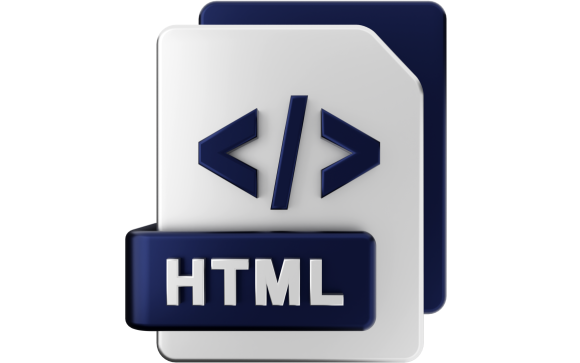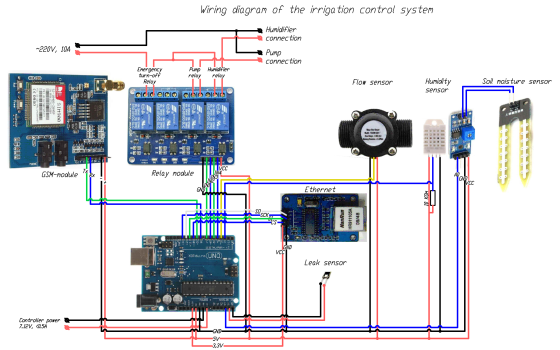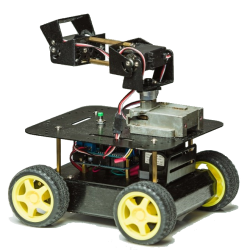HTML

It's important to understand HTML if you use the Internet regularly. Even if you don't realize it, all web pages are built using this language. Knowing how to work with and use HTML is essential for working with web content.
One common tool is converting plain text pages into HTML pages with proper formatting. This involves placing HTML tags in the right places, which can require analyzing the text to determine where paragraphs, headings, and lists are located. For simple tasks, search and replace can be sufficient, but for more complex tasks or when conserving computing resources, regular expressions may be necessary.
Not all web pages are pre-existing documents. Sometimes, you need to create pages or specific parts of a page on the fly. This is commonly seen when creating web interfaces where data may change programmatically or depending on user actions.
If you're working with multiple interconnected web pages, it's vital to understand how web servers work. Web servers are responsible for delivering the page you need, whether it's static (pre-created) or dynamic (generated at the user's request).
Having a good grasp of HTML basics and related technologies is a key skill for developers working with any content on the Internet.
Irrigation control system

Irrigation control system for automatic maintenance of plant climate parameters using sensors, control via web interface and remote informing via mobile network

 Books
Books Technology
Technology Electronics
Electronics Programming
Programming Web-interface
Web-interface Windowed Application
Windowed Application Video
Video Images
Images Audio
Audio Text
Text HTML
HTML Graphical interface
Graphical interface Lof-files
Lof-files Neural networks
Neural networks All tags
All tags Weaponry
Weaponry Arduino
Arduino Projects
Projects